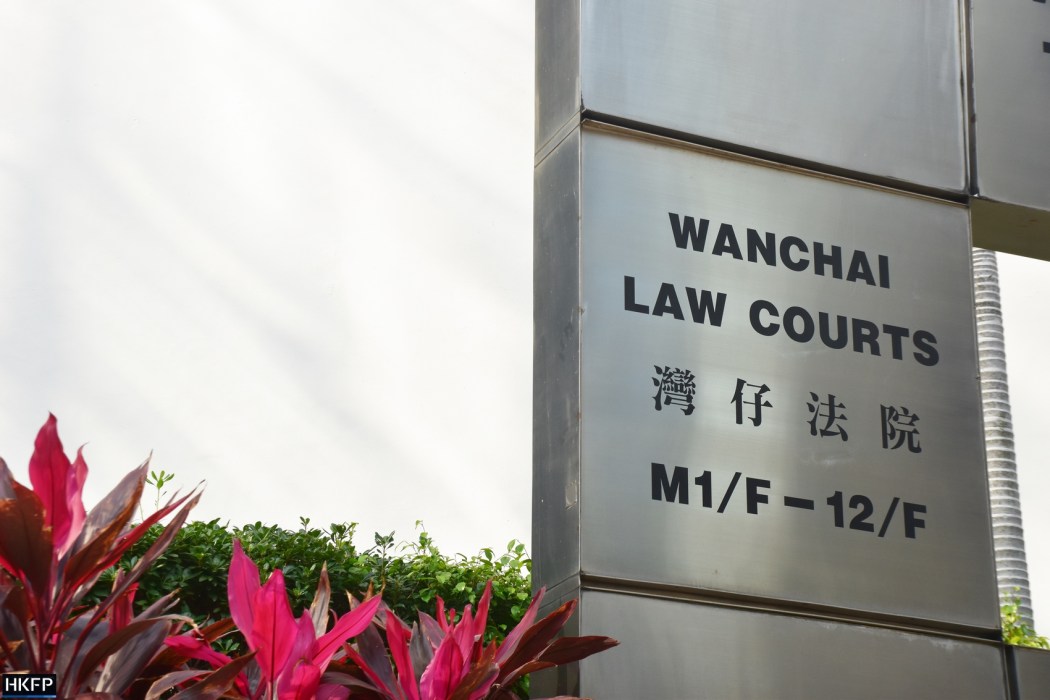Hong Kong’s District Court has the jurisdiction to handle a sedition case against an autistic man, one of the city’s handpicked national security judges has ruled.
The judgement came after barrister Steven Kwan argued that his client, Chan Tai-sum, should be tried at the High Court. Chan stands accused of three counts of sedition and one count of inciting others to take part in an illegal assembly.

District Court Judge Kwok Wai-kin ruled on Monday that sedition was a summary offence, meaning that the case could not be transferred to the District Court.
However, as Chan was also accused of inciting others to take part in an illegal assembly, which was an indictable offence, the judge ruled that the magistrate had “the jurisdiction and power, in the exercise of his discretion, to order the charge for the sedition offence to be transferred to the District Court together with the charges that can be properly transferred to the District Court” in accordance with the Magistrate Ordinance.
Following the court’s decision, Kwok adjourned the case to October 26. Chan, who was 22 when he was prosecuted, indicated that he would plead guilty to all charges.

In the ruling on Monday, the national security judge rejected Kwan’s argument that sedition was an indictable offence that was exempted from a rule requiring magistrates to transfer cases involving indictable offences to the District Court upon the prosecution’s request.
Kwok ruled that as sedition was treated differently than other offences listed in Parts I and II of the Crimes Ordinance, it was the legislative intent that sedition was a summary offence.
Cases heard at the High Court are tried by a jury. National security cases could be tried by a panel of three judges or a jury. Those heard at District Court are ruled on by one judge.
Impact of the national security law
The judge also rejected Kwan’s argument that the enactment of the national security law (NSL) meant that even if sedition was not an indictable offence before, it became one following the implementation of the sweeping security legislation.
“In my judgment, the NSL has not sought to change the local law relating to the sedition offence, but leaves the local laws as it is, and the NSL and the local laws will act hand in hand to protect national security,” the judge ruled.

“In other words, if the sedition offence is a summary offence according to its offence-creating provision, and it clearly is as I have so held, the sedition offence remains as a summary offence after the promulgation of the NSL.”
The sedition law, which falls under the Crimes Ordinance, is different from the Beijing-imposed national security law.
The colonial-era legislation, last amended in the 1970s, outlaws incitement to violence, to disaffection and to other offences against the administration while the national security law, enacted in June 2020, criminalises subversion, secession, collusion with foreign powers, and terrorist acts.
Support HKFP | Policies & Ethics | Error/typo? | Contact Us | Newsletter | Transparency & Annual Report | Apps
Help safeguard press freedom & keep HKFP free for all readers by supporting our team
























